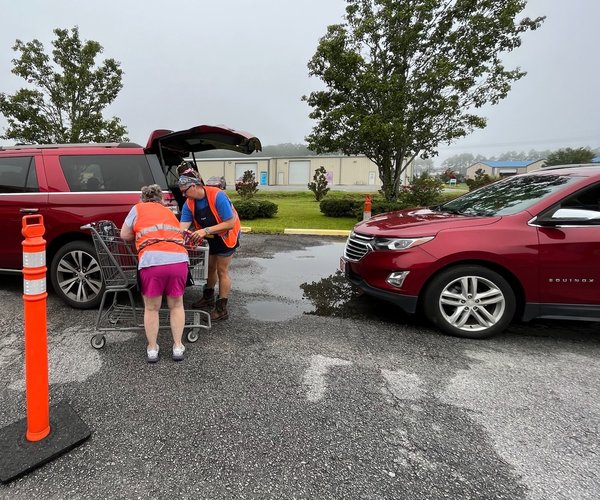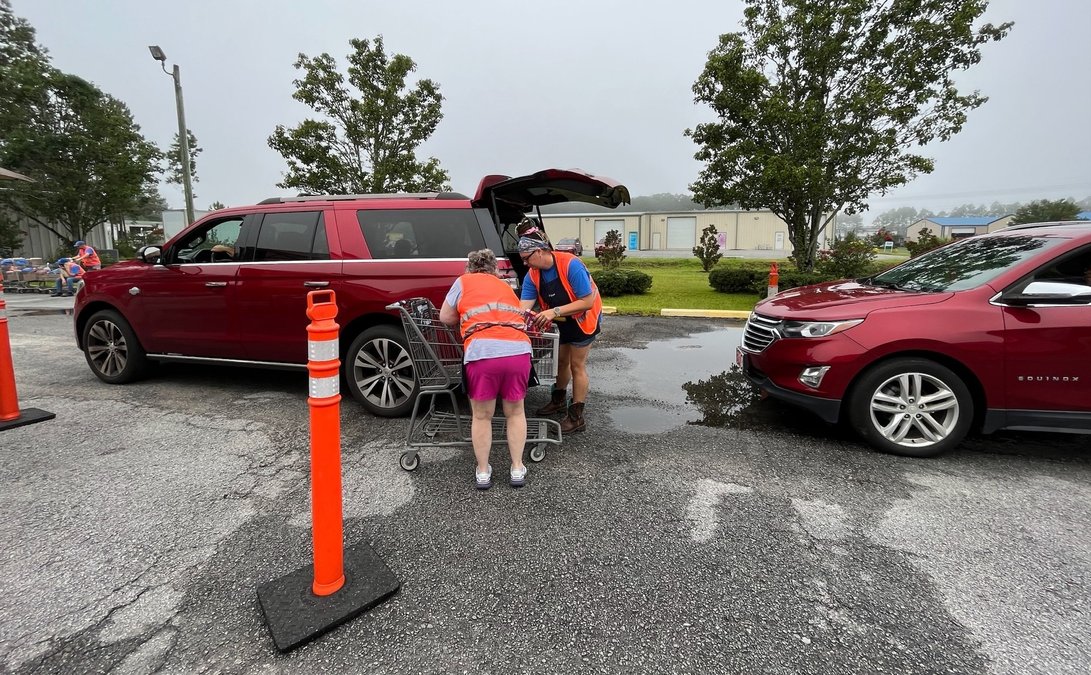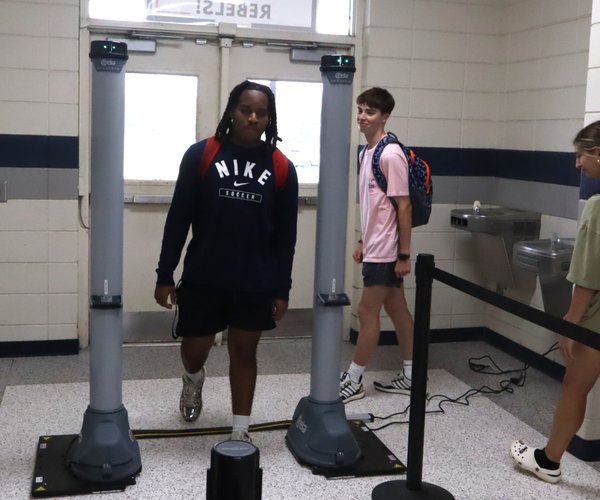Effingham County commissioners likely won’t take a proposal to merge the magistrate and probate courts much further.
“As far as I’m concerned, you can drop that,” Commissioner Hubert Sapp said.
Attorney Richard Rafter told commissioners Tuesday morning that several people had asked him to look at combining the two positions and have an attorney fill the spot. Both judgeships are up for election this November.
“This is a good time for the county to look at it being an attorney position,” he said.
Pointing to the stipulation that office seekers need only to be a high school graduate, Rafter said anyone who meets the minimum requirements can run for the office. But when the county’s population hits 96,000, a probate judge must be an attorney. Projections call for Effingham’s population to reach that by 2030.
Twenty-seven counties have merged the departments but most of them are small, with the exception of Newton County.
But current Probate Judge Frances Seckinger and Chief Magistrate Preston Exley opposed the proposal.
“I think they run pretty smooth as it is,” Exley said.
Rafter said the county could expect some savings by merging the two functions of the two courts. For counties with populations between 39,000 and 49,999, the minimum salary for each judgeship is $56,352. The current salaries for Exley and Seckinger are a combined $165,000 and under Rafter’s proposal, the attorney in charge would make around $102,000, with his main duties being probate judge and serving as a magistrate part-time.
“I think there are some cost savings,” Rafter said.
“This county is growing so there are attorneys moving here all the time,” Rafter said. “The people of this county
deserve better than on the job training.”
He estimated there are more than a dozen attorneys living and practicing in the county.
He also said it is probable there would be a saving to the county with requiring fewer people to run the combined court. Rafter said it would be hard to say just exactly what positions would no longer be needed or how much could be saved unless an evaluation is made of each person’s day-to-day duties.
Rafter said citizens could see a savings in having an attorney serve in the position because the number of appeals would likely be less.
“The biggest cost savings is from the people who don’t know they can appeal or can’t afford to,” he said, though he couldn’t put a number on what the savings would be.
Magistrates hear cases involving claims of $15,000 or less and people often represent themselves with the aid of a lawyer.
“Law these days is more and more complex,” he said. “There are more cases being issued as precedent. I believe a person who has been through law school who has been trained, who understands how the higher courts operate would be a benefit to the people in the lower courts.
“A person who is trained in the law knows what is admissible and what isn’t. I think the average perception is that if you’re a judge, you’ve had some training in the law. Someone who has been to law school and has been involved in litigation knows to ask the right questions. It makes for a better decision.”
Exley countered that there were only 10 appeals of 1,437 cases brought to the magistrates last year.
“That’s less than one-half of one percent,” he said.
Constable Jimmy Morris said Judge Exley hired him because of the magistrates’ workload, and he serves nearly 100 papers a month.
“It would take an awful lot to combine the workload of these two offices,” he said.
Rafter said it was his understanding that both Exley and Seckinger, who are elected to their respective positions, intended to retire.
“I haven’t even told my wife,” Exley said.
Chief Clerk Judy Suhor said Judge Seckinger intends to finish out her term, which expires Dec. 31.
To merge the positions now before the election would require someone be appointed by Gov. Sonny Perdue to the new office, and commissioners balked at having that taken out of the voters’ hands. Combining the two courts would take an act of local legislation before the General Assembly.
“If the governor appoints someone, it takes it out of the people’s hands,” commission Chairwoman Myra Lewis said.
Rafter said any appointee likely would be the result of the commissioners’ recommendation passed to the governor by the county’s local legislative delegation.








